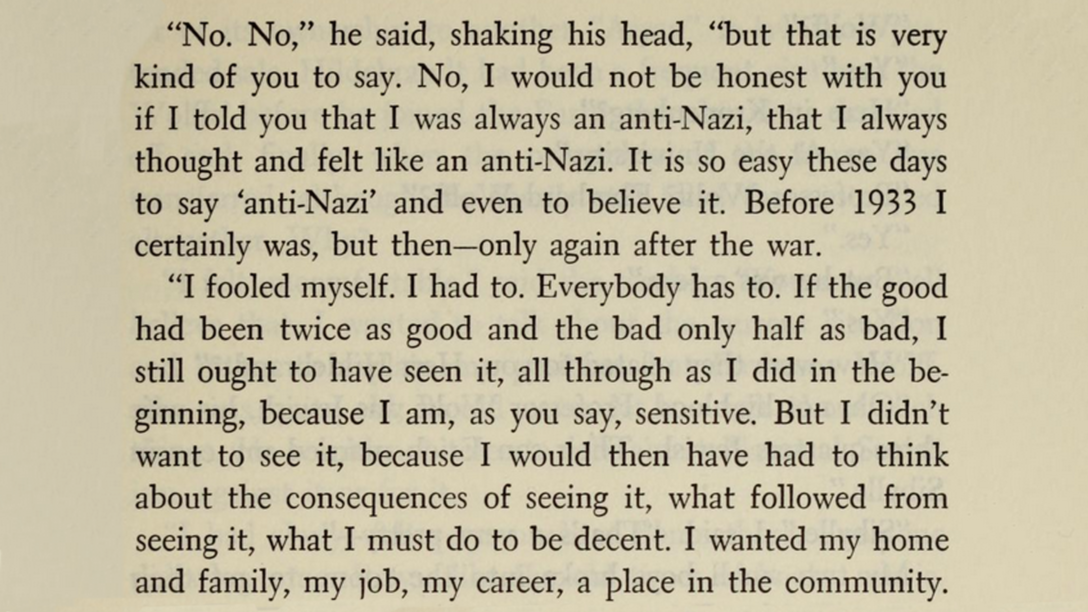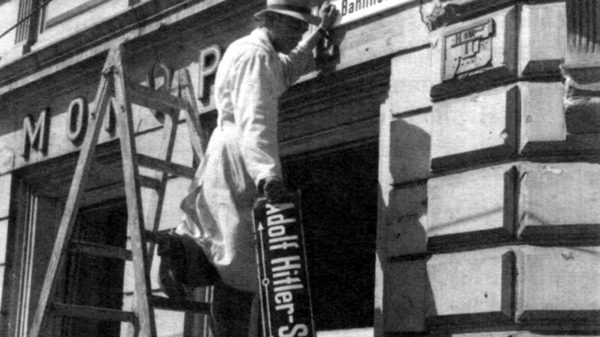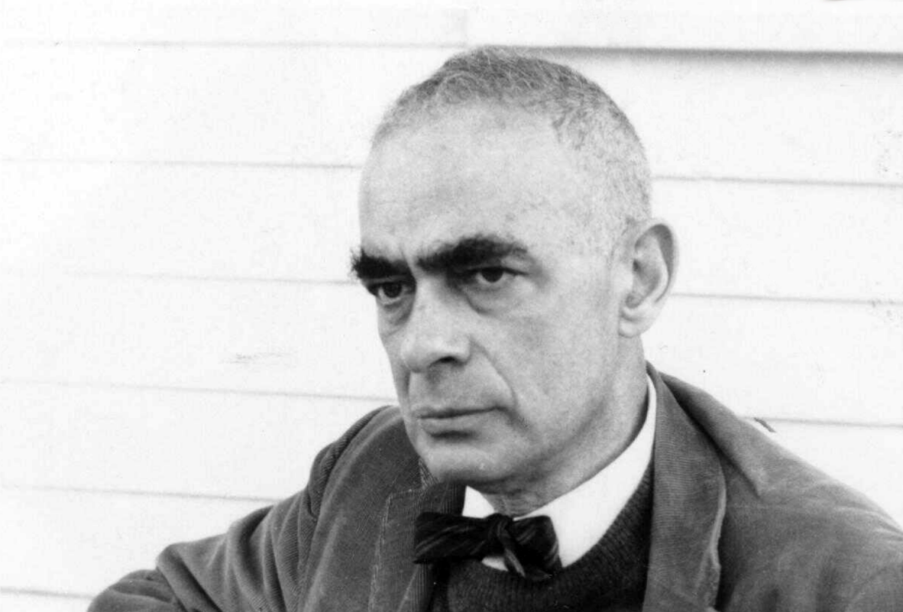In 1955, Milton Mayer published They Thought They Were Free. Drawn from years of post-war interviews, the book sought to understand how ten ordinary, law-abiding Germans had become Nazis.
Mayer was a subtle, free-thinking and humane writer and activist with a rebellious streak. He was expelled from the University of Chicago in 1928 for throwing beer bottles from a dormitory window, “failing, however, to hit the dean,” as he explained to the Saturday Evening Post. Years later he would return there as a tutor (and later, assistant professor) in the Great Books program; the University press published They Thought They Were Free. He wrote for The Progressive, Robert M. La Follette’s magazine, for some forty years. With civil rights leader Bayard Rustin and others, he co-authored the influential pamphlet, “Speak Truth to Power,” published by The American Friends Service Committee in 1955—a pacifist classic that brought this phrase to the forefront of the American political lexicon.
Mayer made news in 1963 for challenging a Passport Office requirement that applicants swear they weren’t members of the Communist Party. He told the New York Times that, though he wasn’t and had never been a member of the Communist Party, he regarded the disclaimer requirement as a violation of freedom of the press, religion and association and “the kind of test oath that historically has been the instrument of tyranny for [the] reduction of free men to servility.”
Fittingly, somehow, his stepson Rock Scully was a longtime manager for the Grateful Dead.
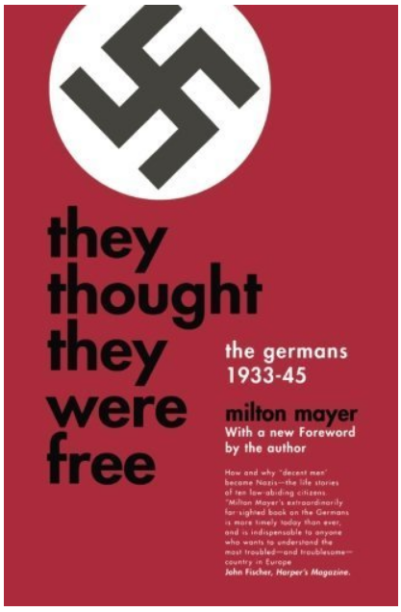
While reading They Thought They Were Free in 2017, I felt Mayer had travelled fifty years in the future to write about today. I little thought how much more relevant his words would become. I’ve chosen some passages from the book to show you what I mean.
These “decent, hard-working, ordinarily intelligent and honest men,” Mayer wrote of the Nazis, to whom he refers as “friends” throughout, “did not know before 1933 that Nazism was evil. They did not know between 1933 and 1945 that it was evil. And they do not know it now.”
None had ever known or talked with a foreigner or read the foreign press.… None of them ever heard anything bad about the Nazi regime except, as they believed, from Germany’s enemies, and Germany’s enemies were theirs.

Men think first of the lives they lead and the things they see.…The lives of my friends were lightened and brightened by National Socialism as they knew it. And they look back at it now as the best time of their lives; for what are men’s lives? There were jobs and job security, summer camps for the children and the Hitler Jugend to keep them off the streets.
There were horrors, too, but these were advertised nowhere, reached ‘nobody.’…You and I leave ‘some sort of trouble on the streets’ to the police; so did my friends in Kronenberg. […] Man doesn’t meet the State very often.
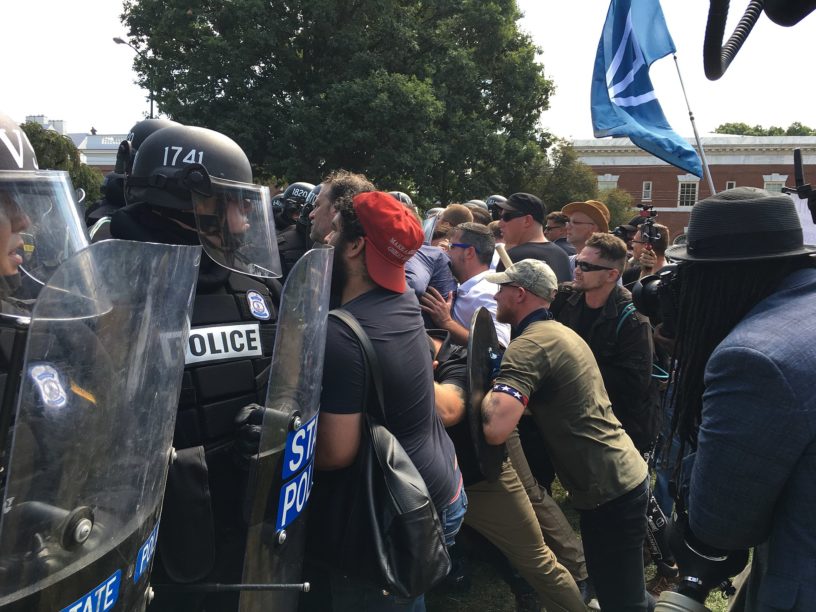
The Nazis were able, ultimately, to establish anti-Communism as a religion, immune from inquiry and defensible by definition alone.
[Two of my friends] were positive—still are—that National Socialism was Germany’s and therefore their own, salvation from Communism… Did they know what Communism was? They did not […]
Ethnical heterogeneity is great among the Germans (more than any other European nation).… But [my friends accepted] a kind of racist ‘Germanism,’ a biologized mystique. …
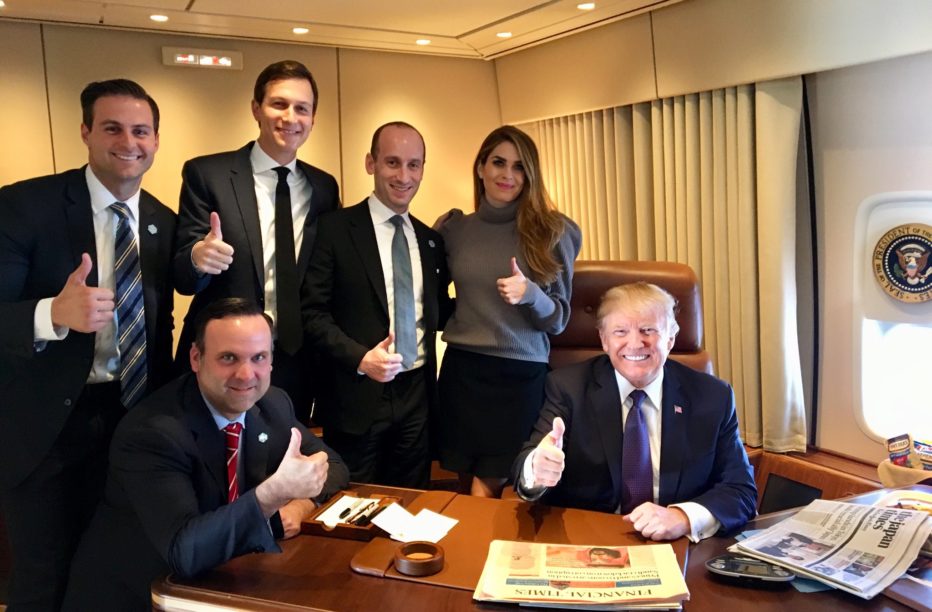 public domain via Wikimedia Commons
public domain via Wikimedia CommonsNazism, as it proceeded from practice to theory, had to deny expertness in thinking and then, in order to fill the vacuum, had to [attempt to] establish expert thinking of its own—that is, to find men of inferior or irresponsible caliber whose views conformed dishonestly or, worse yet, honestly to the Party line.
As the Nazi emphasis on nonintellectual virtues (patriotism, loyalty, duty, purity, labor, simplicity, ‘blood’, ‘folkishness’) seeped through Germany, the academic profession was pushed from the very center to the very periphery of society. Germany was preparing to cut its own head off.

(AP Photo/Manuel Balce Ceneta)
By 1933, at least five of my ten friends looked upon ‘intellectuals’ as unreliable and among these unreliables, upon academics as the most insidiously situated.
Putting ignorant ‘reliables’, from politics or business, over the educators was also part of the Nazi way of humiliating education and bringing it into popular contempt.
After the Church-Party split began to develop, in 1936, the Party services became more ritualistic, more specifically a substitute for church.
“Hitler was a simple soldier, only he had a feeling for masses of people, and he could speak with passion. The people didn’t pay any attention to the Party program as such. They went to the meetings just to hear something new, anything new. They were desperate about the economic situation, ‘a new Germany’ sounded good to them; but from a deep or broad point of view they saw nothing at all. Hitler talked always against the government, against the lost war, against the peace treaty, against unemployment. All that, people liked. By the time the intellectuals asked ‘What is this?’ it had a solid basis in the common people. …It was the Party of workers controlling the social orders; it was not for intellectuals.”
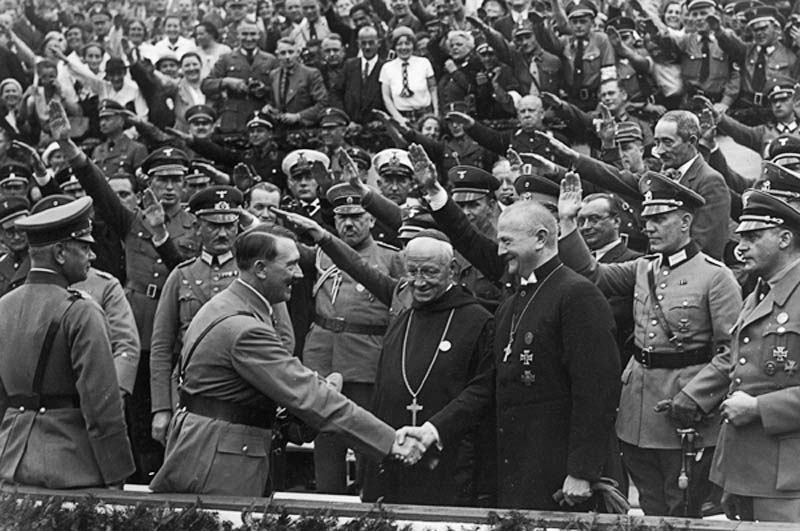 public domain via Wikimedia Commons
public domain via Wikimedia CommonsThe masses of the people could not be held back from Nazism, so powerful was its appeal, and so this same priest, who would not leave his people, went with them to Nazism, too.
One Nazi: “My medals were sold. I was nothing. Then suddenly, I was needed. National Socialism had a place for me. I was nothing—and then I was needed.”
One anti-Nazi: “…the enthusiasm, the new hope of a good life, after so many years of hopelessness, the new belief, after so many years of disillusion, almost swept me, too, off my feet… I was sitting in a cinema with a Jewish friend and her daughter of thirteen, while a Nazi parade went across the screen, caught her mother’s arm and whispered, ‘Oh, Mother, Mother, if I weren’t a Jew, I think I’d be a Nazi!’ No one outside seems to understand how this was.”
One of my friends countered my questions “with great interest in the mass deportation of Japanese-Americans.…He asked me whether I had known anybody connected with it. When I said ‘No,’ he asked me what I had done about it. When I said “Nothing,” he said triumphantly…
“There.”
You realize eventually: ”The world you live in—your nation, your people—is not the world you were born in at all. The forms are all there, all reassuring… the houses, the shops, the mealtimes, the concerts. But the spirit, which you never noticed…because you made the lifelong mistake of identifying it with the forms, is changed. You wait for one great shocking occasion, thinking that others, when such a shock comes, will join with you in resisting somehow. You don’t want to act, alone; you don’t want to ‘go out of your way to make trouble.'” Genuine uncertainty “restrains you.”
“But the one great shocking occasion, when tens or hundreds of thousands will join with you, never comes.”
“Many, many times since it all happened I have pondered that pair of great maxims, Principiis obsta and Finem respice—’Resist the beginnings’ and “Consider the end.” But one must foresee the end in order to resist, or even see, the beginnings.”
